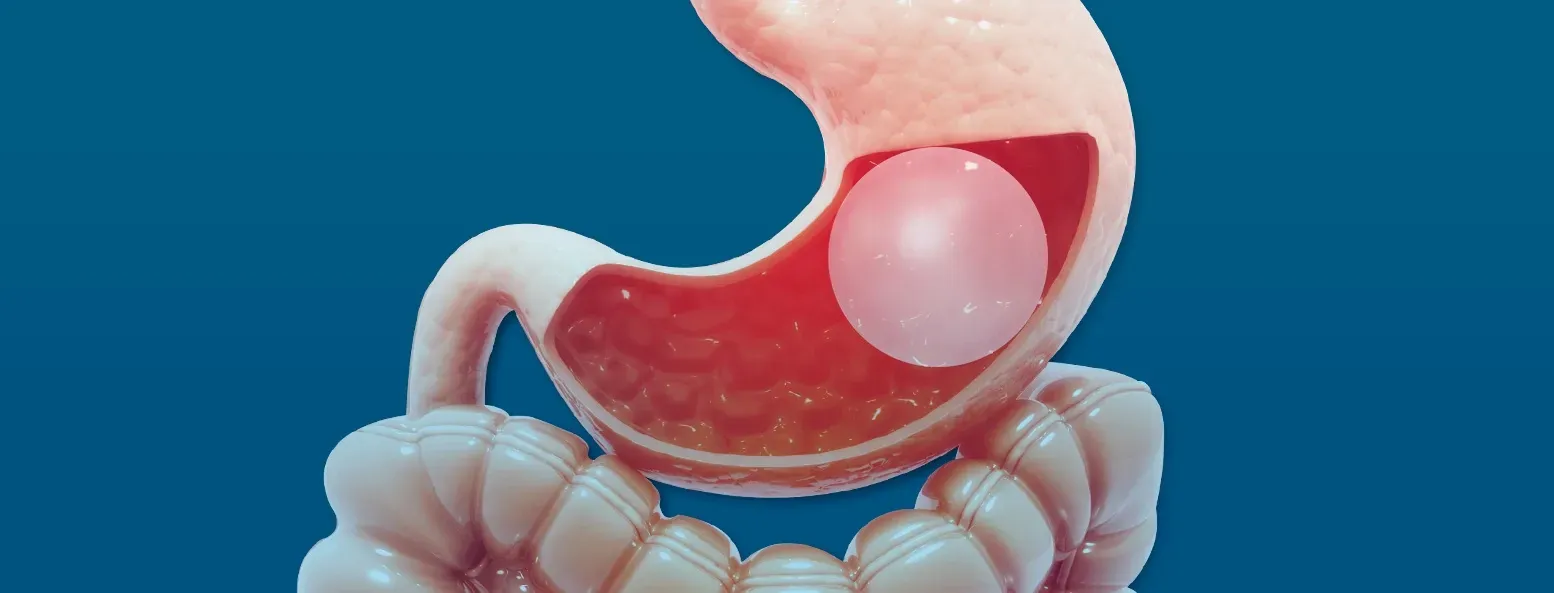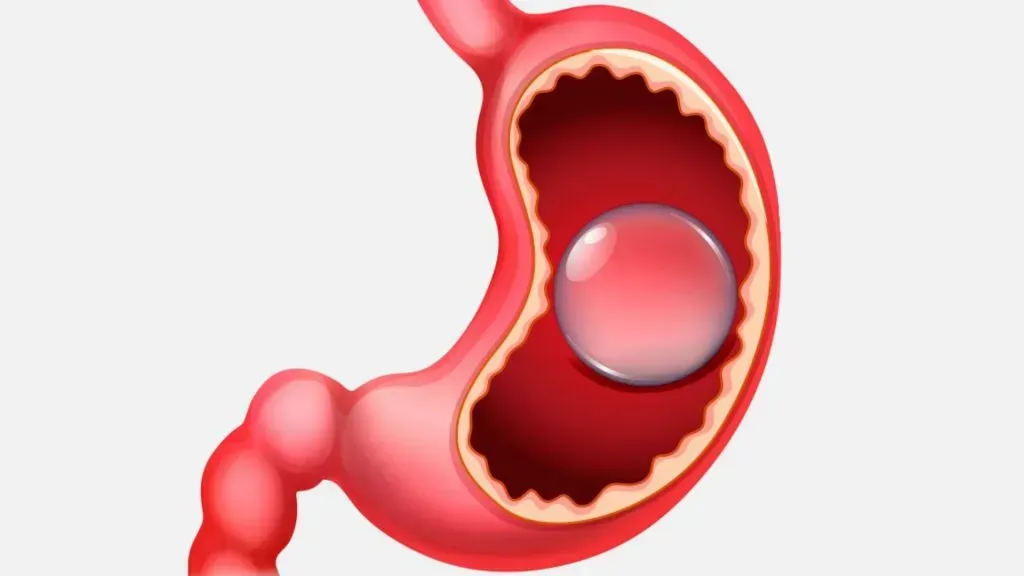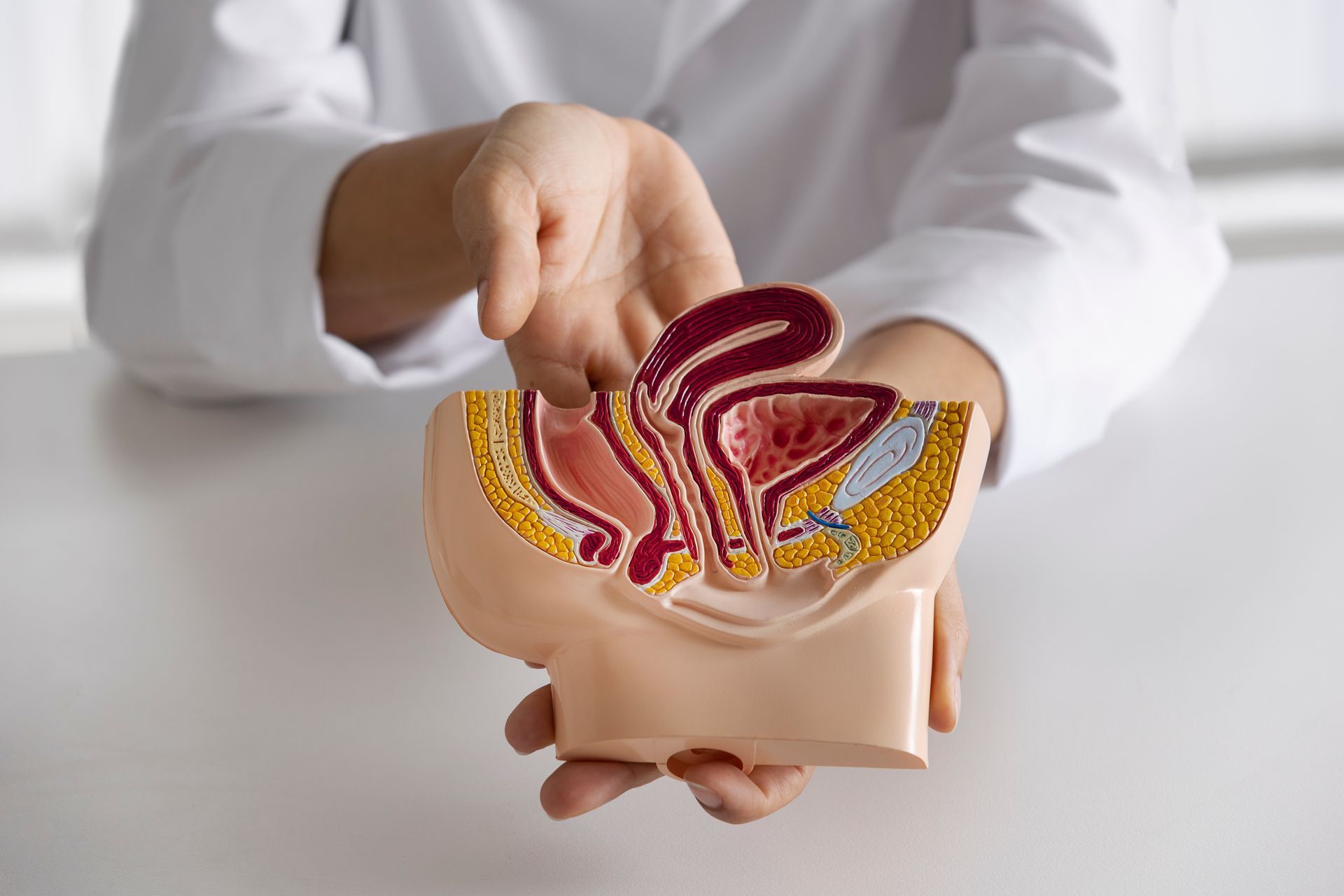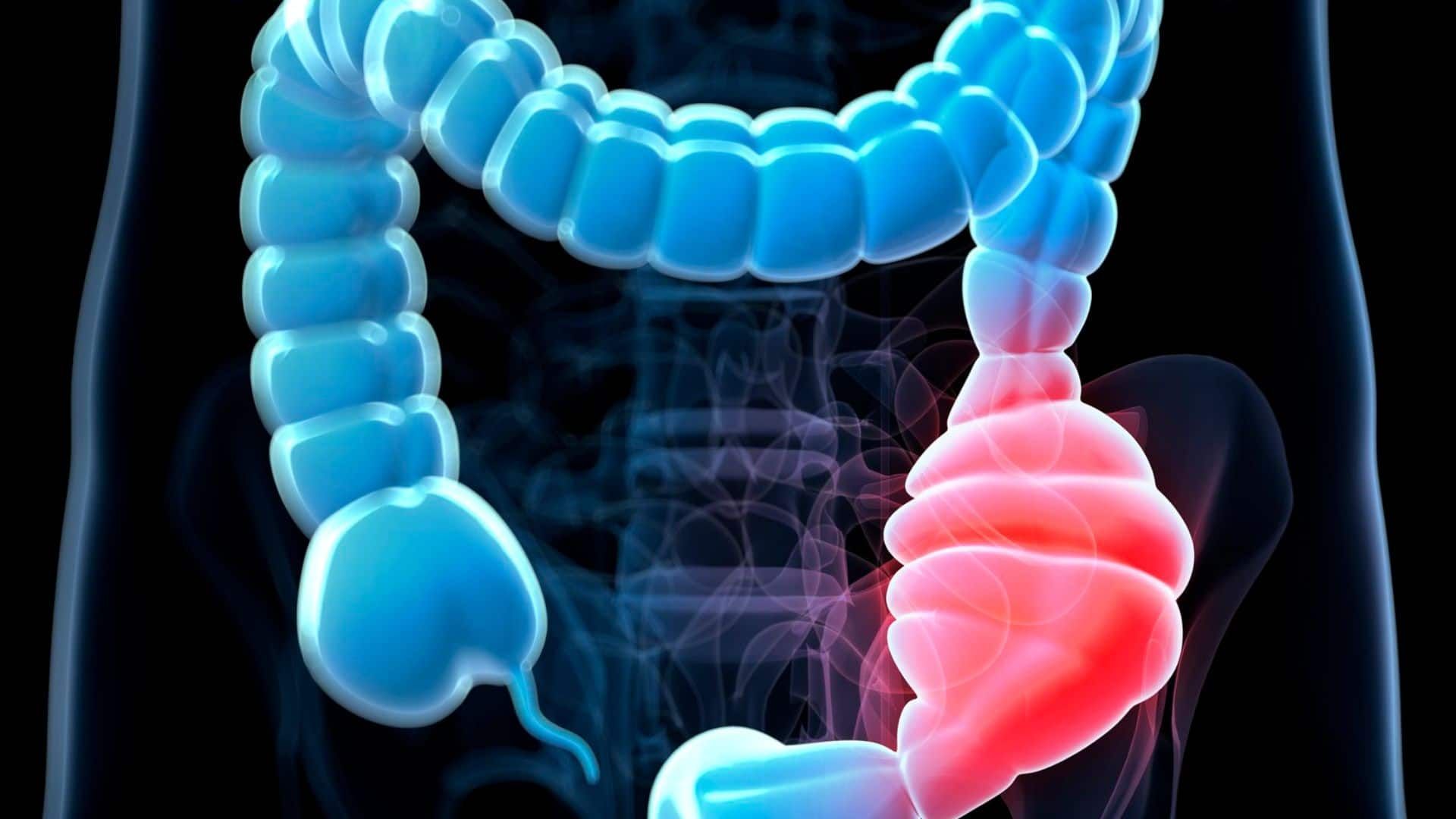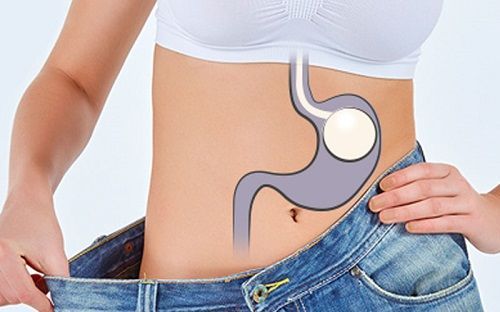Hemorrhoid Treatments and Symptoms
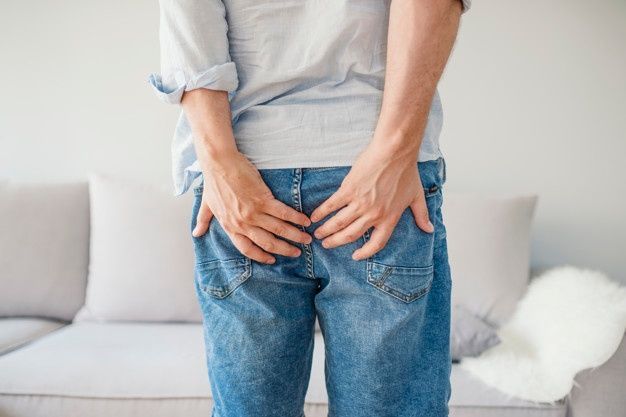
Hemorrhoids are enlarged or swollen veins in the lower rectum. The most common symptoms of hemorrhoids are rectal bleeding, itching, and pain. You may be able to see or feel hemorrhoids around the outside of the anus, or they may be hidden from view, inside the rectum.
Hemorrhoids are common, occurring in both men and women. Although hemorrhoids do not usually cause serious health problems, they can be annoying and uncomfortable. Fortunately, there are several hemorrhoid treatments available and can usually minimize the bothersome symptoms.
HEMORRHOID SYMPTOMS
Hemorrhoids are more common in people who are older and in those who have diarrhea, pelvic tumors, during or after pregnancy, and in people who sit for prolonged periods of time and/or strain (push hard) to have a bowel movement.
Symptoms of hemorrhoids can include the following:
- Painless rectal bleeding
- Anal itching or pain
- Tissue bulging around the anus
- Leakage of feces or difficulty cleaning after a bowel movement
Rectal bleeding — Many people with hemorrhoids notice bright red blood on the stool, in the toilet, or on the toilet tissue after a bowel movement. The amount of blood is usually small. However, even a small amount of blood in the toilet bowl can cause the water to appear bright red, which can be frightening. Less commonly, bleeding can be heavy.
While hemorrhoids are one of the most common reasons for rectal bleeding, there are other, more serious causes. It is not possible to know what is causing rectal bleeding unless you are examined. If you see bleeding after a bowel movement, call your healthcare provider.
Itching — Hemorrhoids commonly cause itching and irritation of skin around the anus.
Pain — Hemorrhoids can become painful. If you develop severe pain, call your healthcare provider immediately because this may be a sign of a serious problem.
HEMORRHOID DIAGNOSIS
To diagnose hemorrhoids, your doctor (or gastroenterologist ) will examine your rectum and anus, and may insert a gloved finger into the rectum. If there is bleeding, testing should include a procedure that allows your healthcare provider to look inside the anus (called anoscopy) or colon (sigmoidoscopy or colonoscopy ).
INITIAL HEMORRHOID TREATMENT
There are measures you can take at home to relieve hemorrhoid symptoms. One of the most important steps in treating hemorrhoids is avoiding constipati.on (hard or infrequent stools). Hard stools can lead to rectal bleeding and/or a tear in the anus, called an anal fissure. In addition, pushing and straining to move your bowels can worsen existing hemorrhoids and increase the risk of developing new hemorrhoids.
Fiber Supplements — Increasing fiber in your diet is one of the best ways to soften your stools. Fiber is found in fruits and vegetables. The recommended amount of dietary fiber is 20 to 35 grams per day.
Several fiber supplements are available, including psyllium (sample brand names: Konsyl, Metamucil), methylcellulose (sample brand name: Citrucel), polycarbophil (sample brand name: FiberCon), and wheat dextrin (Benefiber). Start with a small amount and increase slowly to avoid side effects.
Laxatives — If increasing fiber does not relieve your constipation, or if side effects of fiber are intolerable, you can try a laxative.
Many people worry about taking laxatives regularly, fearing that they will not be able to have a bowel movement if the laxative is stopped. Laxatives are not “addictive” and using laxatives does not increase your risk of constipation in the future. Instead, using a laxative may actually prevent long-term problems with constipation.
Warm Sitz Baths — During a sitz bath, you soak the rectal area in warm water for 10 to 15 minutes two to three times daily. Sitz baths are available in most drugstores. It is also possible to use a bathtub and sit in 2 to 3 inches of warm water. Do not add soap, bubble bath, or other additives in the water. Sitz baths work by improving blood flow and relaxing the muscle around the anus, called the internal anal sphincter.
Topical Treatments — Various creams and suppositories are available to treat hemorrhoids, and many are available without a prescription. Pain-relieving creams and hydrocortisone rectal suppositories may help relieve pain, inflammation, and itching, at least temporarily.
You should not use hemorrhoid creams and suppositories, particularly hydrocortisone , for longer than one week, unless your healthcare provider approves.
MINIMALLY INVASIVE TREATMENT
If you have bothersome hemorrhoids after using conservative measures, you may want to consider a minimally invasive procedure. Most procedures are performed as a day surgery. The following procedures are intended for treatment of internal hemorrhoids.
Rubber band ligation — Rubber band ligation is the most widely used procedure. It is successful in approximately 70 to 80 percent of patients.
Rubber bands or rings are placed around the base of an internal hemorrhoid. As the blood supply is restricted, the hemorrhoid shrinks and degenerates over several days. Many patients report a sense of “tightness” after the procedure, which may improve with warm sitz baths. Patients are encouraged to use fiber supplements to avoid constipation.
Delayed bleeding may occur when the rubber band falls off, usually two to four days after the procedure. In some cases, a raw and sore area develops five to seven days following the procedure. Other less common complications of rubber band ligation include severe pain, thrombosis of other hemorrhoids, and localized infection or pus formation (abscess). Rubber band ligation rarely causes serious complications.
Laser, infrared, or bipolar coagulation — These methods involve the use of laser or infrared light or heat to destroy internal hemorrhoids.
Sclerotherapy — During sclerotherapy, a chemical solution is injected into hemorrhoidal tissue, causing the tissue to break down and form a scar. Sclerotherapy may be less effective than rubber band ligation.
HEMORRHOID SURGERY
If you continue to have symptoms from hemorrhoids (such as bleeding, pain, or prolapse) despite medical therapies or office-based procedures, you may require surgery.
Options for surgical treatment for hemorrhoids include hemorrhoidectomy (surgically removing excess hemorrhoidal tissues), which works for both internal and external hemorrhoids, and other procedures (eg, stapled hemorrhoidopexy and hemorrhoidal arterial ligation), which only work for internal hemorrhoids. If you need surgery, your doctor can help you figure out which procedure is best for you.
LEARN MORE ABOUT HEMORRHOIDS AND TREATMENTS
Hemorrhoid Treatments and Symptoms
Learning How to Identify the Symptoms of Hemorrhoids
In-Office and Non-Surgical Hemorrhoid Treatments
LEARN MORE ABOUT HEMORRHOIDS AND TREATMENTS IN SPANISH
Source : Update ®
The post Hemorrhoid Treatments and Symptoms appeared first on Gastro SB.




